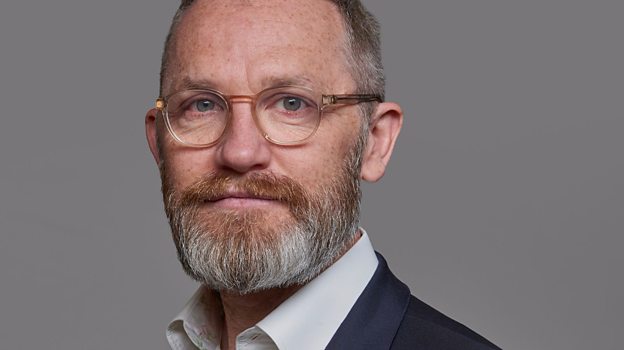
BBC wants to work closer with Commercial Radio
The BBC is not admitting defeat or ceasing to care about audience share, despite a newspaper report to the contrary.
The Telegraph’s deputy business editor Christopher Williams wrote that the Corporation will focus on the threat to its future from music on Spotify and podcasts via Apple, instead of fighting for audience from Global, Bauer or Wireless in RAJAR.
Williams was quoting a speech by James Purnell, the BBC’s director of radio, which is set to be delivered on Tuesday at the BBC Truth and Power Conference. He will deliver a Keynote at the event named The Digital Horizon.
The BBC has since told RadioToday it will continue striving for bigger audiences but confirms fighting over the share of a cake which is not getting any bigger will not serve any of the broadcasters well.
In 2017/2018, the BBC’s weekly share for under 45s fell just 0.2% from 55.9% to 55.7%.
In his speech, James Purnell will say that broadcasters need to put their energies into working together rather than worrying about fighting over share on platforms that younger audiences use less.
He’ll say that technology is important in order to make sure that audiences have the choice to consume UK content and that we don’t just end up with an all you can eat buffet of American content.
His speech will include the paragraph: “I don’t care about share. I don’t care about beating Global, Bauer or Wireless in the RAJARs. We care about the future of British audio. And we want to work with our competitors and regulator to change fast enough to help guarantee that future.”
Here are more quotes from the keynote:
During the last Charter Review, the BBC was urged not to be imperialistic…
In our proposals, we responded by saying we wanted to open up the BBC. To become a platform for Britain’s institutions. To work better with our competitors. To open the iPlayer to other people’s programmes. To share our technology…
We are collaborating with other British companies to compete with the global platforms. We want to be part of a competitive ecology, with many British providers. We help guarantee choice, making sure the British audio, news and video markets don’t become a Uninet, dominated by a single provider…
And we make sure there is a choice of British content…
I can see a world emerging in which children can only choose American content. Indeed, without the BBC, in television, that world would already be here…
We have to guarantee their choice of content. The best global content, yes, but also the best local and national programmes too…
We need to match our spending to our audience. That’s been hard in the tramlines of our radio stations. Had we wanted to make an audio drama for young black audiences, where would we have played it? Fortunately the technology is solving that problem. In future, we can play it on our radio app. Our money can follow the audience…
In 2007, the public service broadcasters came up with a plan, to combine our VOD players. It was christened Kangaroo, presumably because it would leap to the future. But the [Competition Commission] turned the project down, and Netflix was able to aggregate content from all the British broadcasters. The rest is history…
The BBC is working hard to reverse that position, modernising the iPlayer, personalising it, improving recommendations, introducing more box sets…
We may have a little more time in audio. Although Spotify and Apple are growing, so is radio…
But we have one advantage that the music streamers don’t have. We have the strength of BBC Radio – the best in the world, and a way into the lives of 7 out of 10 people in the UK every week.
I don’t care about share. I don’t care about beating Global, Bauer or Wireless in the RAJARs. We care about the future of British audio. And we want to work with our competitors and regulator to change fast enough to help guarantee that future.
Posted on Monday, June 18th, 2018 at 10:40 am by RadioToday Staff


